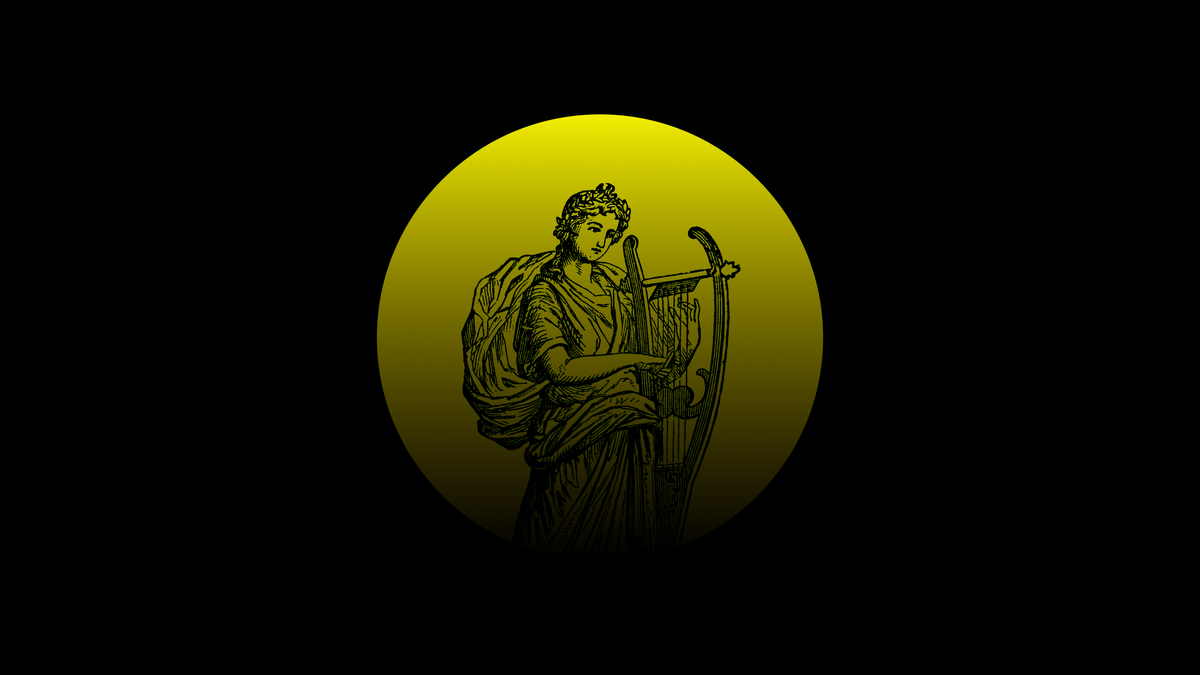In each of us lives two people

Freud's Rider and the Horse, Plato's Charioteer, Two Wolves, etc.
In Greek mythology, two stories capture this eternal struggle. One is familiar to many, but the lesser-known has become my worldview.
Let me explain how we can respond to the human condition.
Story 1 (the well-known story)
Ulysses had his battle with the Sirens, the masters of temptation. They sang beautifully to lure sailors to their island, only to have their ships crash upon the rocky shore.
If a sailor did manage to reach the island, they found themselves unable to leave because they were so enchanted.
Ulysses had been warned of the Sirens. He instructed his crew to fill their ears with wax and tie him to the ship's mast.
He had given clear instructions to NOT untie him no matter how loud he screamed. As they passed the Sirens, he heard their songs and begged to be let free.
But his crew followed their orders and left him tied, and Ulysses lived to tell the tale.
This story is where the idea of a "Ulysses Contract" comes from. It's a decision-making strategy where you make a binding agreement with yourself or others to restrict your future actions.
Think auto-savings, time-limiting apps, public commitments, etc. The idea is to create constraints in a moment of clear thinking to guide future behavior.
Story 2 (the lesser-known story)
The story of dodging Sirens is continued with Jason and the Argonauts.
They had a different approach as they sailed past the Sirens. They brought along Orpheus, a Greek hero known for his skills as a musician.
As they sailed past the island, the Sirens began to sing...
Orpheus pulled out his lyre and played the most beautiful song the crew had ever heard.
It was so beautiful that it drowned out the sirens' songs, and they passed safely.
What does it mean?
I've heard Story 1 (Ulysses) referenced in a ton of self-help material. I've never heard about Story 2 (Jason), which is interesting.
Both of these stories teach us to journey without falling prey to distractions and temptation.
Ulysses took the challenging approach. He physically restrained himself and put himself in pain.
Jason and his crew took the path of beauty. Yes, the Sirens sang beautifully (just as cheap dopamine does), but they overcame it with something more beautiful–Orpheus's music.
Both approaches are valid and can work.
But the idea of overcoming temptation by creating something more beautiful to be enchanted by is so elegant.
I am working to recruit my own Orpheus to play my song as I sail past the Sirens. The song of meaning.
We seek meaning. Our biology has made this our mission. It comes from our values, goals, and beliefs.
Without them, we are lost. Living with intention often requires change and self-growth. And change is hard.
But it's worth it. Because there is really nothing else to grab onto.
